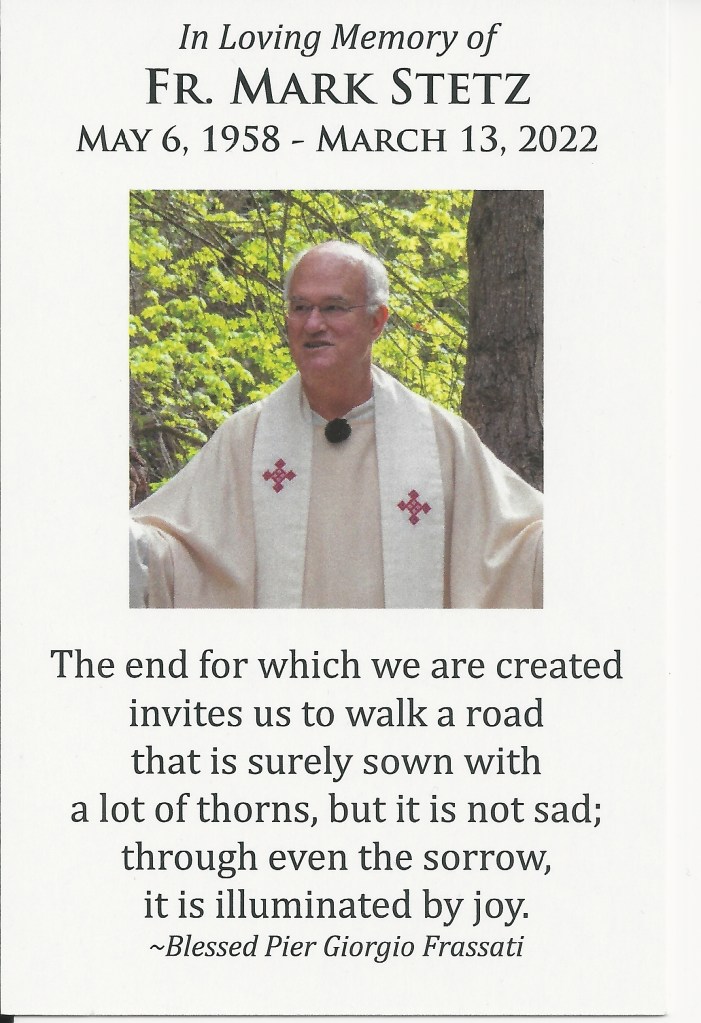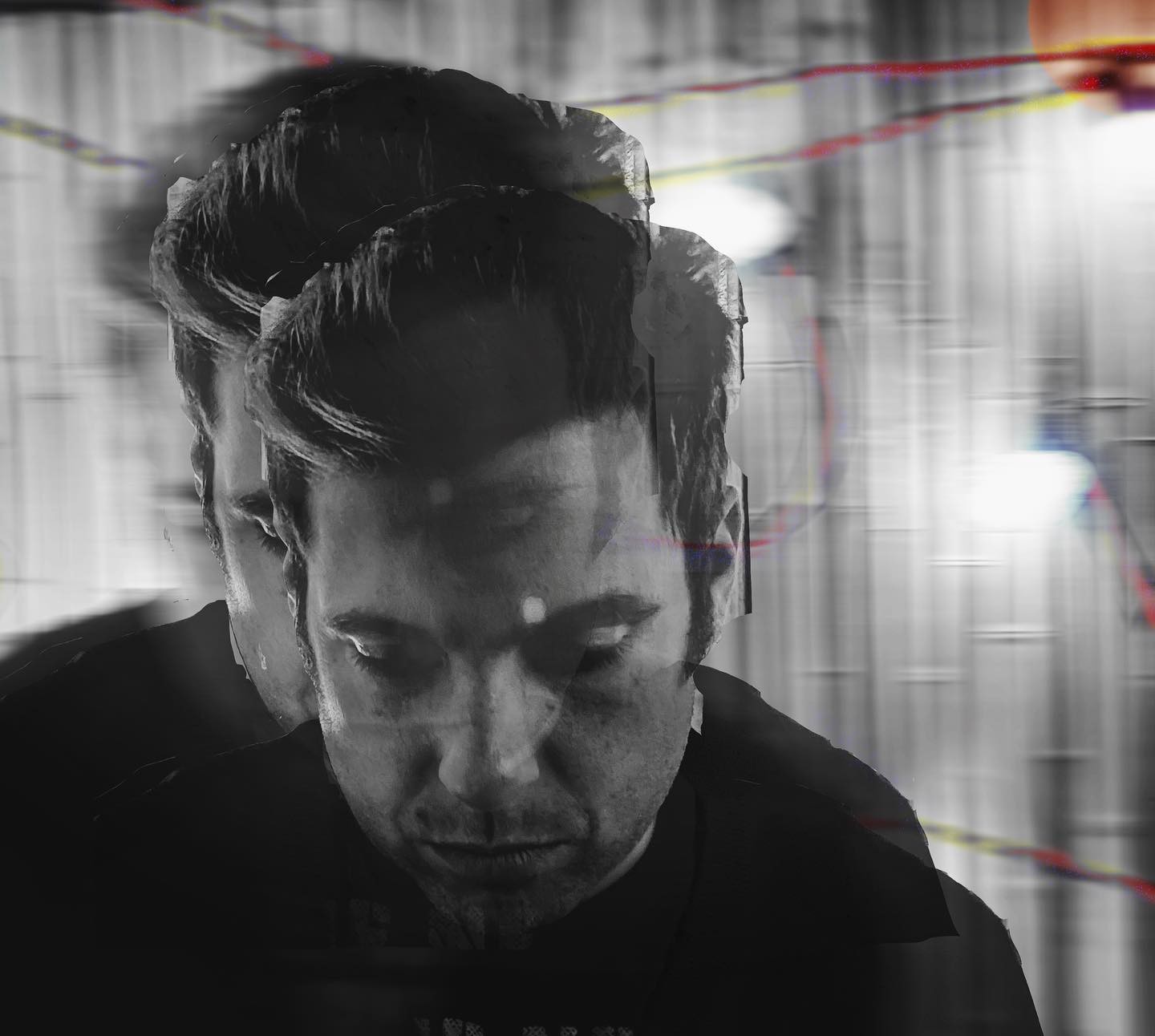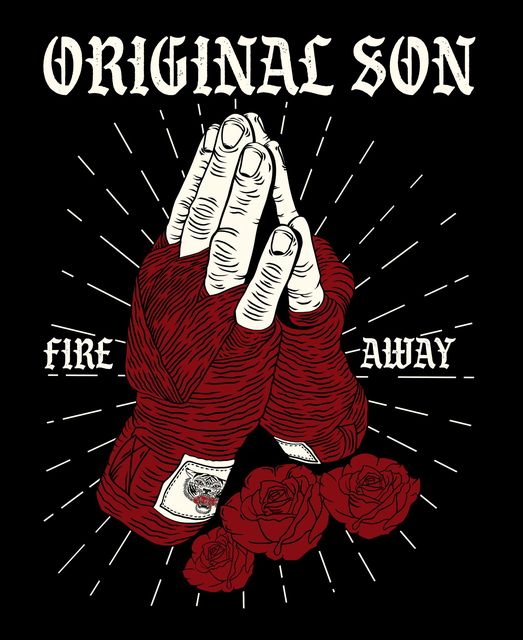Tags
Do Unto Others, Fading, humanity, inspiration, Judgement, Losing reason, religion, self, what we forget, What we remember
A visit to the doctor turned into a bout of self-examination.
Appointment Day
The late April Friday was cool and windy. My wife and I headed out to our medical appointments in San Luis Obispo, a reasonable and beautiful drive from our Cambria home.
My session was a follow-up for a recurring problem common to men of a certain age.
I checked in a few minutes before my 3:15 pm appointment and was soon escorted to an exam room. As I started down the hall, I heard a familiar voice prattling away – a voice that caused me to duck my head and turn away quickly. It was a voice of a man I had come to know over the previous few weeks.
And here he was, sharing a confusing explanation for his lateness in getting to the office.
Simon
My first encounter with Simon was not great. He had come into the business center agitated and demanding. It was difficult to figure out what he wanted, and the more I tried, the more combative he became. After a few tense exchanges, it became evident that the whole situation was headed towards the shredder. I’m usually able to work with difficult people, but not that day. Thankfully, a cooler head intervened, defused Simon, and figured out what he wanted.
I later learned that he had a reputation for being aggressively hostile, becoming more disagreeable as he aged. Is he experiencing an acceleration of decline? Perhaps.
Over the ensuing weeks, he came back to the store and was, for the most part, calm and a bit contrite. His confusion seemed more evident with each visit: missing documents, missed appointments, and an inability to explain what he was there to do. My teammates and I were able to help him with a few tasks, but we were always on edge, not knowing which Simon we would face.
Reluctant Helper
With my consultation completed, I headed downstairs to rejoin my wife. Unaccustomed to the parking lot, she headed towards an exit further down the complex, exited, and turned onto the main road leading us back home. As we headed north, I spotted Simon shuffling down the sidewalk, heading away from the office we had just left. It seemed odd since the medical complex had plenty of parking and easy access to public transportation.
So why was he heading further away?
I realized that, like him or not, Simon seemed to need help or a quick check to see if he was in trouble. Should we turn back? A short moment of indecision was soon followed by an aggressive U-turn , and there he was. My wife let me out of the car and pulled into a parking lot to wait.
The Woman
I walked back and met Simon, but he was not alone. His new companion was an older woman walking a bicycle laden with what appeared to be her worldly possessions. They were engaged in conversation, which I couldn’t quite hear. I called out, “Simon, is that you?” He looked at me, but there was no recognition. The woman asked if I knew him, and I responded, ‘Yes, we live in the same town.” Simon then asked my name and how he knew me, clearly struggling to connect the dots. I explained to him where we met, then where I work, and something registered. I asked a few soft questions to ascertain his condition and ability to care for himself.
During this exchange, the woman watched us closely, again asking how I knew Simon. She explained how she was helping him locate his car and would walk with him until he found it. I realized she was trying to help him and was not keen to leave him with another stranger. I assured her I would help Simon find his way and that she didn’t need to worry. She watched warily as Simon and I continued down the road.
A Long Walk
As we walked, Simon kept repeating things to me, explaining, as if talking to a dull student, exactly where we were headed. He was as much a petulant child as a frightened elderly man trying to find his way home. I found myself acting as a caregiver, holding his arm as we navigated rough patches of sidewalk and busy intersections. He shared why, running late, he parked half a mile from the medical offices but couldn’t find the building where he thought he was supposed to be. He was baffled by the nurse he swore he did not know but who knew all about him. I flashed back to an overheard phone conversation with the receptionist, giving directions and encouragement to someone on the other end of the line.
He spoke of a postman who wouldn’t help him and students who didn’t even acknowledge his requests for assistance.
We walked on, Simon confidently describing his car’s year, make, color, and Rotary sticker. He kept saying “404” and “just past the Jack In The Box.” I knew where the fast food place was, so on we trundled: Simon, an old confused fellow, and me, a not-young man, wondering why we were on this path together.
And there it was. Just past the Jack In The Box, a few steps down the side street. A small motel with the number 404 on the front. The car sat at the far end of the lot, just as described. I asked him if that was his car, and he responded by raising the key fob clutched in his hand. The lights blinked, confirming success. As we got closer, I saw the Rotary sticker affixed to the rear passenger window, as he had described. The car sat unlocked, and the driver’s window rolled down. Simon stared at it, then at me, and said, “The window is open. Did I leave it open?” Then, “Tell me your name. How do you know me?”
I was concerned about him getting behind the wheel and driving the thirty miles back to our village. He answered my doubts by describing his route: exit the parking lot, turn right onto Santa Rosa Street, and head straight north until home. And he was right. So I said goodbye and wished him well.
I walked up the short hill to the corner where 404 and Jack In The Box faced each other and waited. After a few minutes, the beige Toyota appeared, turned right, and drove slowly past me. Simon, hands at ten and two, eyes straight ahead, was on his way home. Maybe a guardian angel sat, invisible, helping him navigate the scenic road back to what I think of as heaven on earth. Or perhaps he just had great luck. Either way is fine with me.
Reflection
As I walked back to where my wife was waiting, my mind spun. Why did I avoid Simon at the doctor’s office? Why did we take a different exit from the parking lot? Why was I so reluctant to go back and check on him? What changed on the walk? And how do I reconcile all these questions, doubts, and painful awareness of my bias?
I don’t practice a particular faith, but two parables come to mind. First, was this my road to Damascus moment, where my blindness lifted, and I immediately became a new person with a passion for doing good works? Yeah, no. I was responding to my moral compass.
The second parable rings more true. Though the priest and the businessman were replaced by some callous students and a harried postman, a Good Samaritan did indeed appear, offered aid and comfort, and watched over Simon as he went on his way.
I wish I knew her name.
The Augary of Beauty’s Demise
Karen Sorensen, Artist



























